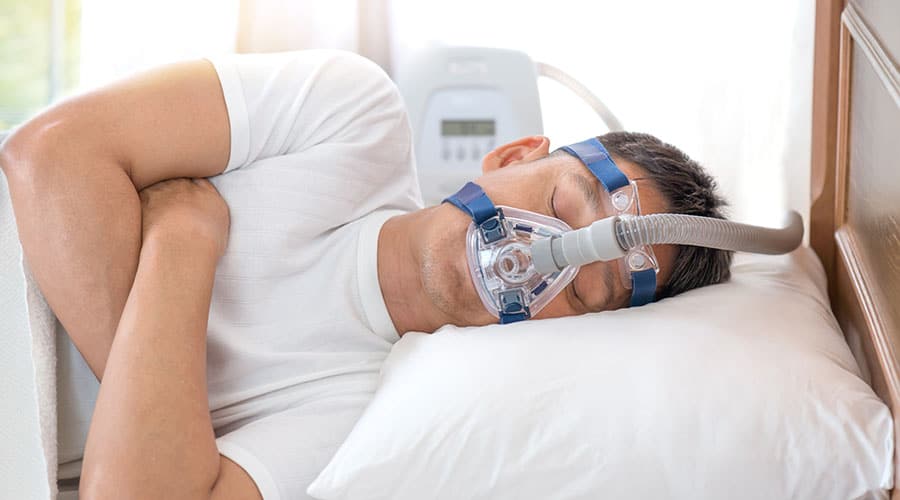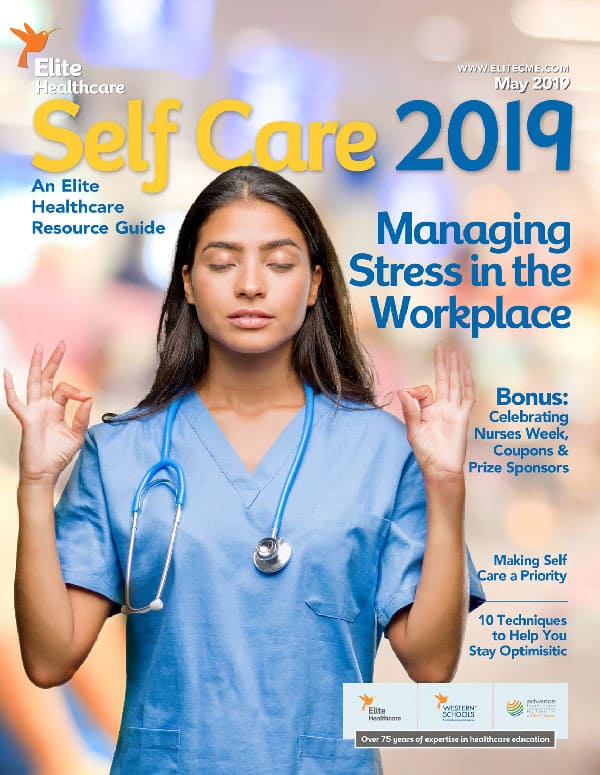
Opioids and sleep apnea can be a surprisingly deadly combination; make sure you know the legal risks
With this recurring column, Elite Healthcare provides readers with insight related to the legal implications of healthcare – offering practical guidance on scenarios that should be avoidable and providing suggested courses of action when appropriate: this week’s topic is opioids and sleep apnea. The examples provided here are those that all providers should be aware of, but many aren’t or are negligent despite their awareness. Don’t let your practice be compromised.
The ongoing opioid crisis has various legal impacts from the perspective of the healthcare provider and the prescribing of these medications. One important consideration is the comorbid conditions that patients may live with in addition to the diagnosis that prompted an opioid prescription. Any time that opioids are prescribed, especially for chronic pain, it is of particular importance that the prescriber inquires about any history that the patient may have related to sleep apnea.
Opioids may facilitate respiratory depression, and that coupled with current sleep apnea could yield fatal consequences. Today, more than ever, it is extremely important for one’s medical records to reflect this clinical relationship while being complete and accurate whether the patient has comorbid apnea or not. If the patient does have a history of sleep apnea, the clinician must also record the steps that are being taken to address that diagnosis as well as the implication of the clinical combination of factors. This is something that cannot be ignored.






